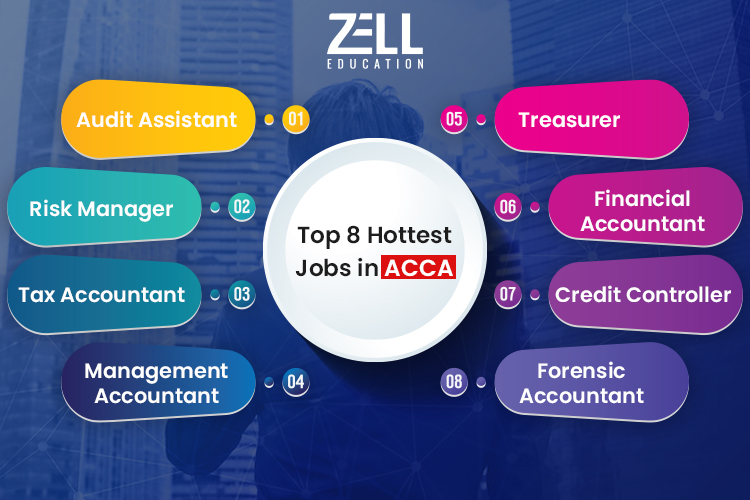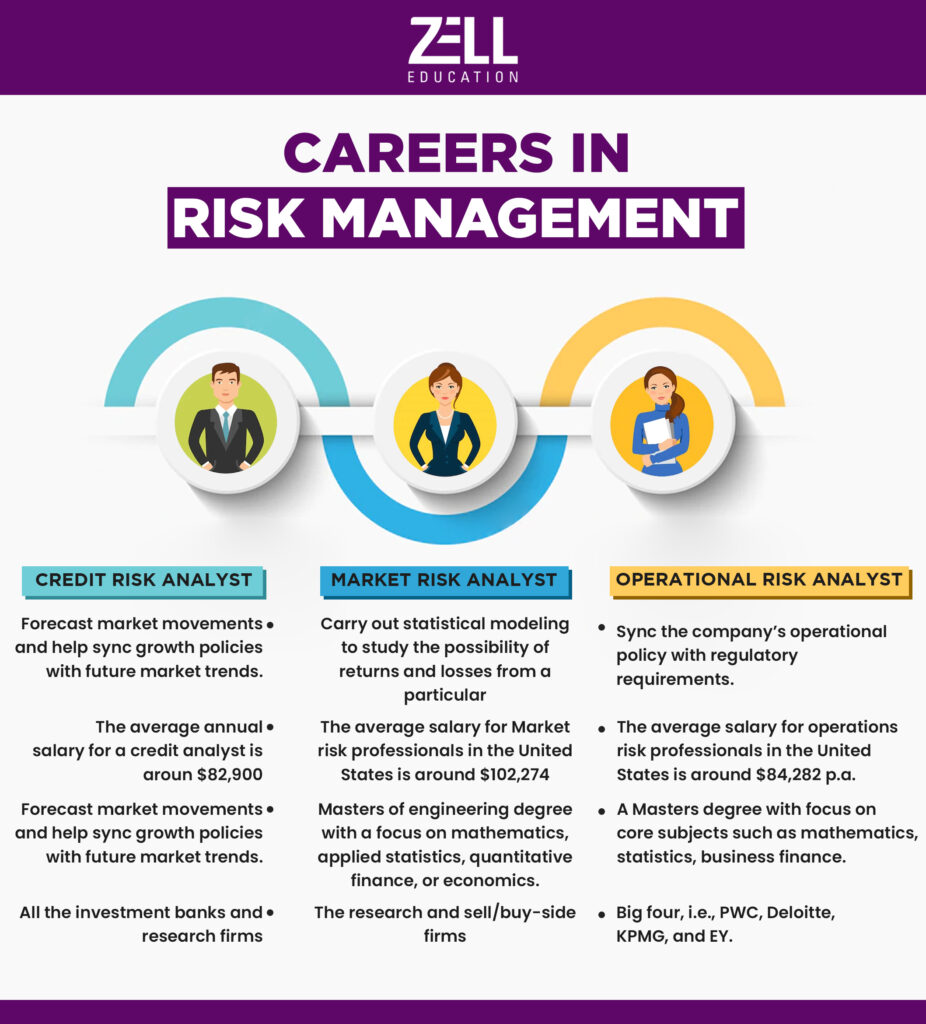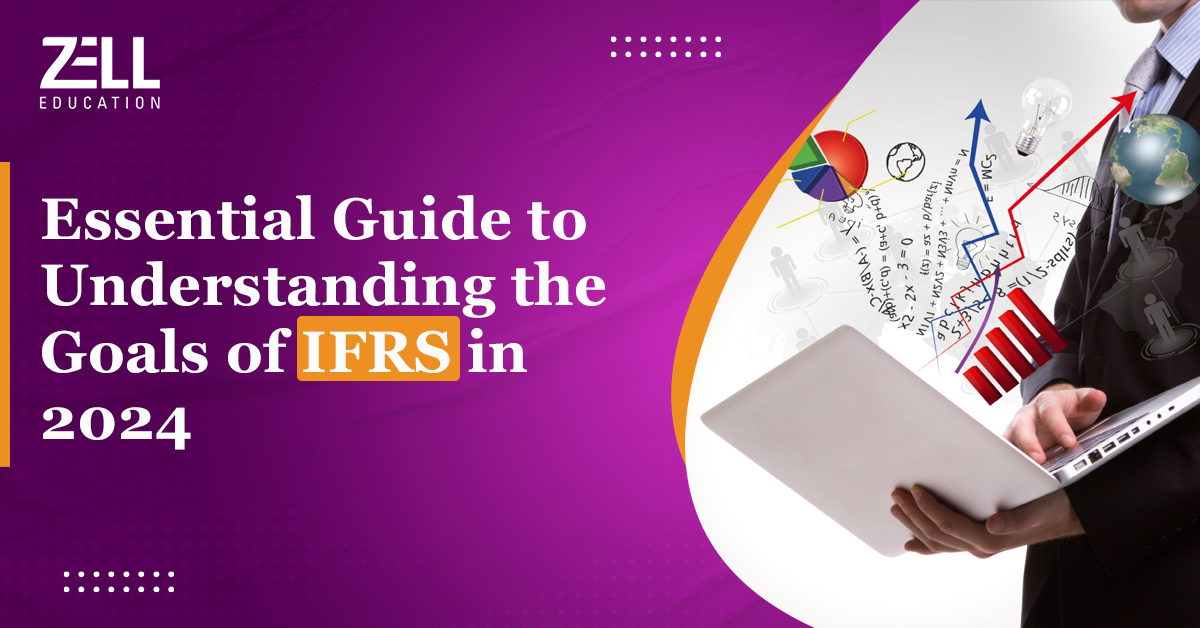6 MBA Finance Alternative Courses & Career Options
Businesses worldwide look for qualified MBA graduates to fill top positions in their firms. As one of the most in-demand and sought-after courses, an MBA degree can open up lucrative job opportunities across industries. Apart from reputed B-schools in India and abroad, many online platforms offer MBA courses that people can complete from their homes. One such MBA program is an MBA in Finance.
But is MBA the only option to pursue exciting and high-paying professions in finance?
Absolutely not!
There are many alternatives you can take apart from an MBA. We have got a list of MBA alternatives for you.
6 Alternative Courses and Career Options for an MBA in Finance
Aspirants are usually under the impression that an MBA is an ultimate path to achieving success in finance. However, that is not the case.
Here are some career options and courses that can expose you to rewarding employment opportunities.
1. Chartered Financial Analyst (CFA)
If finance is your forte, and you do not want to pursue an MBA, consider doing a CFA course. There are three levels to this program that aspirants must complete to become certified Chartered Financial Analysts. This course might be one of the best finance MBA alternatives if you are from finance, economics, or accounting.
A CFA aspirant must have a bachelor’s degree or be in the last year of a bachelor’s degree program. In addition, four years of job experience or a combination of four years of professional work experience and education is a must. Although completing this course requires rigorous study, it will lead to excellent professional outcomes.
If you are still confused, check out our blog on “MBA Finance or CFA: Which Course To Choose After Graduation?”
2. ACCA
ACCA is another professional qualification that might be one of the best finance MBA alternatives. Built on international auditing and accounting standards, this degree is equivalent to completing a university degree. Many students pursue this course simultaneously with their undergraduate degree.
A background in accounts or math’s and English with an aggregate of 65% is necessary to pursue this course. Aspirants must also have an average of 55% in all other subjects. With the ACCA certification, you can bag the best jobs at leading multinational corporations across the globe.
Check out our blog on “How to Pass ACCA in Your First Attempt” if you are wondering how to crack this exam easily.
3. Financial Risk Management (FRM)
Looking for MBA alternatives in India? Financial Risk Management (FRM) might be one of the best alternatives. It involves identifying, evaluating, and making investment choices based on risk acceptance or limitation. You can pursue this course from online platforms or through regular offline modes. The course is quite challenging and takes about three years to complete.
Undergraduate students are eligible to take up this course if they have a minimum of 50% in 10+2 and qualify for the entrance exams. People aiming for a postgraduate degree in financial risk management must ensure they have at least 50% in their graduate program. The scope of FRM is expanding both in India and abroad.
4. Actuarial Science
Actuarial science uses mathematical and statistical tools to estimate financial risks in insurance and finance. You can pursue a career in this field at the undergraduate and postgraduate levels. Probability, statistics and mathematics are the primary subjects used in actuarial science.
There are a few requirements that a candidate must fulfil to pursue a postgraduate degree in actuarial science. First, they must have a B.Sc degree or a B.Com degree. Second, they must finish their undergraduate course or equivalent with a minimum of 50% marks. Finally, they must have math’s and economics as their core subjects during their undergraduate course.
With an actuarial science degree, you will get employment opportunities in financial services, stock exchanges, investment consultancy firms, and related sectors. It is definitely one of the best MBA alternative courses.
5. Chartered Institute Of Management Accountants (CIMA)
Chartered Institute Of Management Accountants can be a great alternative if you want a career in business and finance but want to pursue something other than an MBA. Recognized mainly in the UK and Commonwealth nations, CIMA is essentially an accounting and management course that ensures a bright career in the IT sector, banking sector, audit firms, etc. With a CIMA certificate, you can work as a leading professional in business analysis, corporate finance, treasury management, risk management, and associated fields.
CIMA takes about 3.5 years to complete. You can also enroll in the course if you have a bachelor’s or master’s degree in any discipline. Candidates with an A-Level or O-level, intermediate or class 10th passing certificate can also apply. The CIMA certification is equivalent to a Master’s in Finance. Want to know more about CIMA?
6. Master’s in Financial Management
A Master’s in Financial Management is a popular alternative to an MBA in Finance. This course has been specially curated for people with a background in accounting and finance. You need a bachelor’s degree to be eligible for this course. A bachelor’s degree in accounting, finance, or economics is more advantageous for aspirants. You must secure a minimum of 50% in your bachelor’s degree program to enroll in this course.
To study financial management, you will need an analytical mind and problem-solving capabilities. With a Master’s in Financial Management, you can work as a Investment Manager, Financial Analyst, or even Stockbroker in leading corporations and earn a big cheque. If you are looking for alternatives to MBA in India, this degree should be on your list.
Wrapping up
Following the mass and pursuing an MBA in Finance can be tempting. However, you can carve out a promising career even without an MBA. Most alternative courses to an MBA in Finance will let you pursue global careers, boosting your employability in the international job market.
If you want to build a rewarding career in finance and accounting, check out the Chartered Financial Analyst, ACCA and CMA certifications Zell Education offers. Zell aims to provide overall skill development through personalized study plans, interactive online sessions, and mentoring from distinguished faculty. The 80% pass rate, one-on-one mentoring, and 100% placement support make our program stand out.
FAQ
What are alternative courses for MBA?
As discussed above, there are various alternatives to an MBA. CFA, ACCA, or CIMA are a few alternatives that can yield great career benefits if you want to pursue something other than an MBA.
Which course is better after an MBA in finance?
You can pursue many good courses after an MBA in Finance or as an alternative. A few of these are the CFA, ACCA, actuarial sciences, CIMA, and financial risk management.
What Master’s is similar to MBA?
A Master of Science in Management is considered to be similar to an MBA. However, the two have significant dissimilarities.











